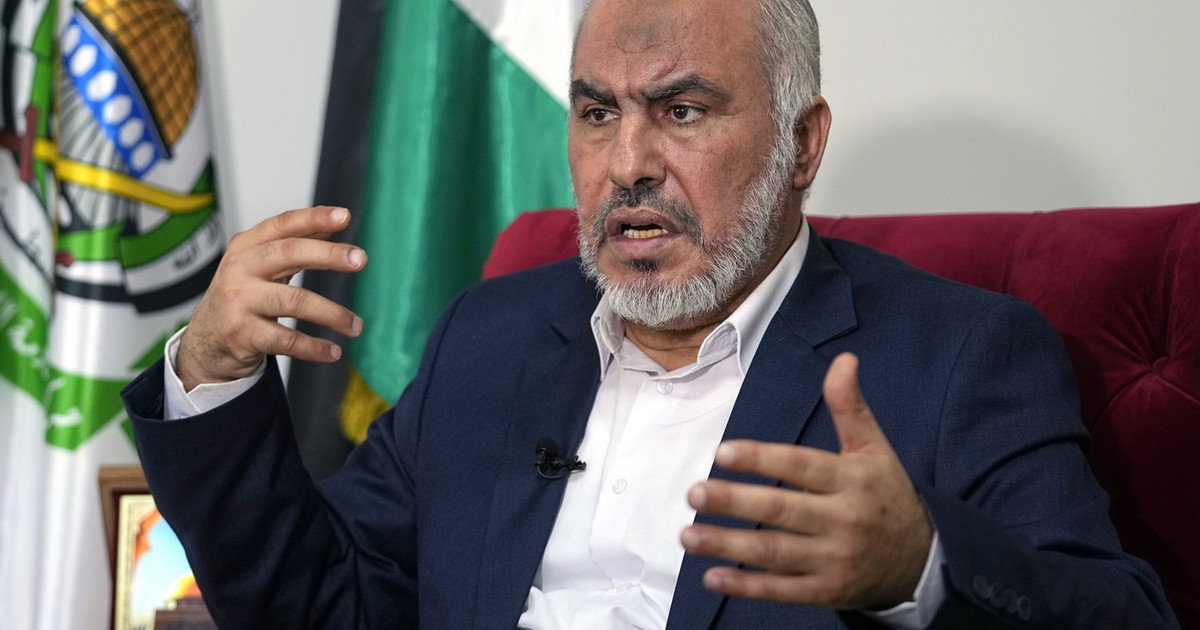Three strategic objectives, eleven horizontal policies and 80 individual actions comprise the National Action Plan to address sexual violence against minors, discussed earlier in the Cabinet. The ESA, which extends to the actions of twelve Ministries, is under the supervision of the Minister of State Akis Skertsou, who also made the relevant recommendation. After approval by the Council of Ministers, the NAP will be posted on opengov for public consultation, in order to take into account comments from agencies and citizens, before taking the final form of a bill.
Presenting the National Action Plan, the Minister of State Akis Skertsos pointed out during his presentation to the Council of Ministers that “children are the most valuable and vulnerable resource of any society. That is why the sensitivity along with the care we must show for the lasting improving the mechanisms and structures for the safety and protection of their fundamental rights is a self-evident obligation of all of us, but also a critical indicator of the quality and efficiency of a modern welfare state and ultimately of a just society that stands by all its members and especially the most vulnerable “.
In this context, he continued, “every time an incident of sexual abuse of minors comes to light we are all mobilized and we are disgusted. But it is an invisible crime that is systematically underreported for very specific reasons. That is why the deeper question that must concern about child sexual abuse is what we do as a state and as a civil society to prevent both primary and secondary victimization of minor victims of sexual violence.That is, how do we create the appropriate institutional environment of trust so that victims dare to denounce their abusers even if they come from their close family environment”.
The deepest problem of sexual abuse
“Because”, he underlined, “this is the deepest problem of this heinous criminal behavior. Nine out of ten perpetrators are in the close family or friendly environment of the victims, that is, in relationships and networks connected by unbreakable bonds of trust precisely because of the dependence they have minors from their adult family members.Thanks to the excellent work of Elena Rapti (s.s. the MP of Thessaloniki of the ND has been appointed national coordinator who foresees the Plan and has contributed to its preparation) and Thanasis Kontogeorgis, together with the assistance of the Institute for Children’s Health and many respected experts, our country now has its own five-year national action plan to protect children from sexual abuse and exploitation.”
The National Action Plan, as analyzed by the Minister of State, is a “collective project of 12 ministries under the coordination of the Presidency of the Government. It is a multifaceted plan with 11 horizontal policies and 80 individual actions implemented equally by the 12 ministries, which also will soon be posted for public consultation”.
As he also emphasized, “this is not yet another wish list plan, as 75% of the actions have already been included in the annual action plans of the ministries and several of them are already being implemented. However, it is the first time that such a strategy acquires a coherent framework with clear objectives, Governance structure, role of National Coordinator, framework for monitoring and evaluating the results it brings”.
At this point in his introduction, Akis Skertsos gave some examples to understand the scope and depth of the project:
* Creation of a single protocol for the management of all incidents of sexual abuse by each host organization (routed centrally by the Presidency of the Government).
* Tightening the penalties for the sexual abuse of minors to a felony from a misdemeanor made in 2019 (already implemented by the Ministry of Justice).
* Upgrading the judicial reception structures for abused children (the so-called “Children’s Houses”) so that the victims are surrounded with maximum care and do not suffer secondary victimization by state structures (already being implemented by the Ministry of Justice).
* Establishment of a sex education course in schools and education of children and teachers for protection from any kind of sexual violence (already being implemented by the Ministry of Education).
* Elaboration of therapeutic protocols for the reintegration of victims into family, social, educational life (routed by the Ministry of Health).
* Training and establishment of registers of professionals who come into contact with minors so that they can identify and manage such incidents appropriately and sensitively (routed by the Ministry of Labour).
* Establishment of a special role of psychologist in sports federations (routed by the Ministry of Sports).
At the same time, the Minister of State cited data from ELAS, according to which the cases concerning complaints of some kind of sexual approach or abuse of minors reach 1,119 in the five-year period 2017-2022 and respectively 1,044 regarding cases of child pornography.
“The problem, then, is real and largely invisible. It’s time for the State and society, all together, to do more about it,” the Minister of State emphasized, concluding his presentation.
3 objectives – 11 policies
Moreover, according to the NAP, the three strategic objectives, over a five-year period, are:
1. The readjustment of institutional functions in the direction of child-friendly procedures
2. The measurable quantitative reduction of cases that occur
3. The increase in the reporting of cases to the competent authorities and services”.
To achieve its strategic goals, finally, the National Action Plan introduces 11 new policies.
Briefly, these are:
1. Uniform National Shock Management Protocol
2. National Concussion Recording and Surveillance Archive
3. Check framework for workers and volunteers – Special Criminal Record for offenses of sexual violence against minors
4. Training of Professionals
5. Child Protection Policies and designation of Child Protection Officers
6. National information and awareness campaign for citizens
7. Informing and empowering children to prevent living and online sexual abuse and exploitation
8. Strengthening of the services involved in helping children and prosecuting perpetrators
9. Institutional interventions to update – upgrade the existing framework
10. Strengthening research for the prevention and treatment of sexual abuse of children
11. Recruitment of private and public, governmental and non-governmental sectors.
Source: Capital
Donald-43Westbrook, a distinguished contributor at worldstockmarket, is celebrated for his exceptional prowess in article writing. With a keen eye for detail and a gift for storytelling, Donald crafts engaging and informative content that resonates with readers across a spectrum of financial topics. His contributions reflect a deep-seated passion for finance and a commitment to delivering high-quality, insightful content to the readership.






